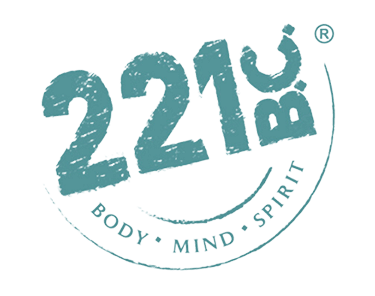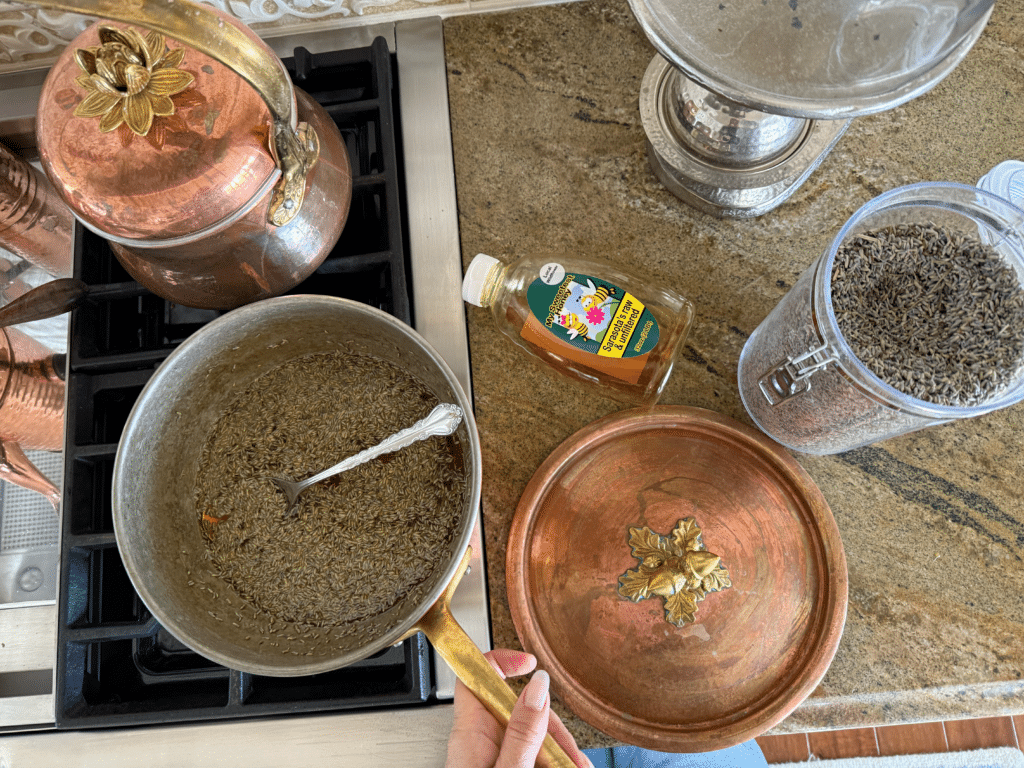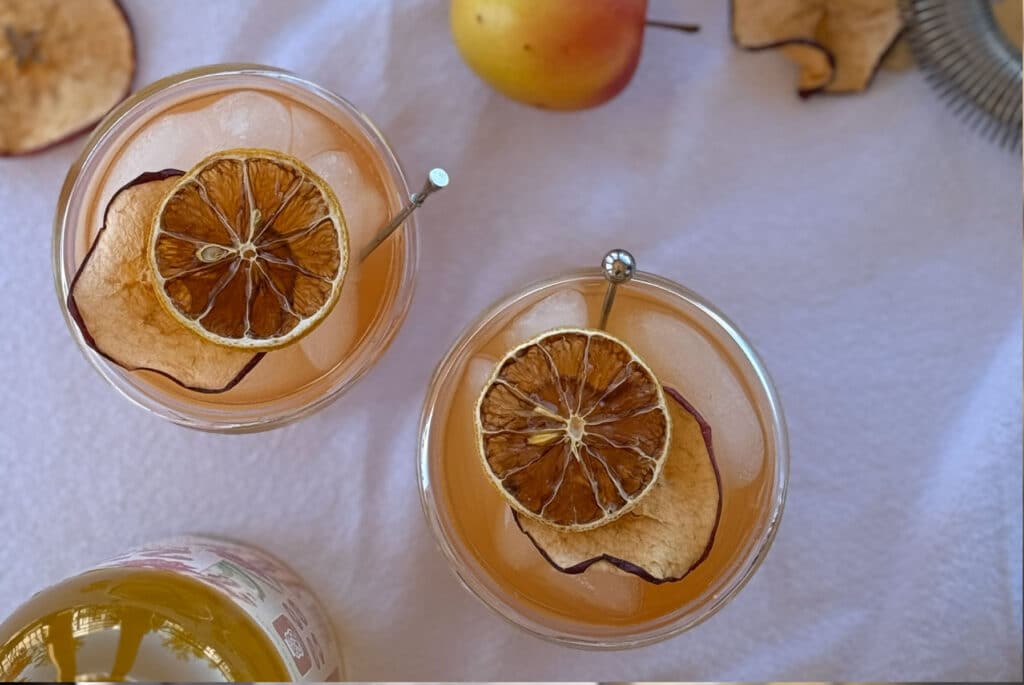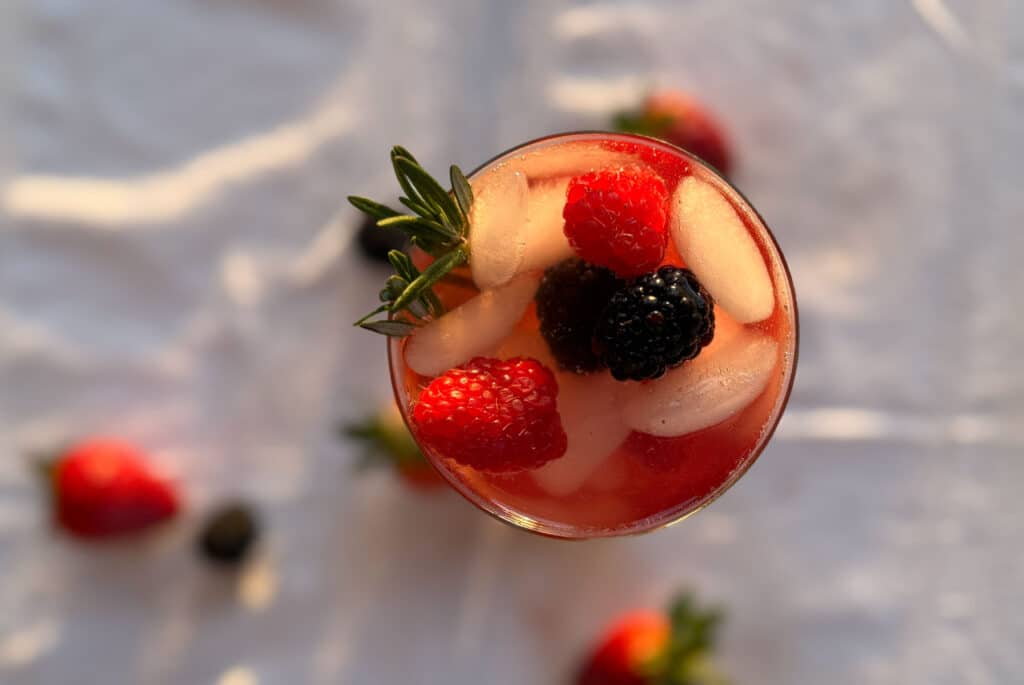Bacteria get a bad rap, especially when we think about it in terms of our skin. It’s time to reframe our thinking, though, and recognize that these microorganisms make up a vital part of our total body health, both inside and out. In this blog post, I will show you how I nourish my skin: starting with few tips on how to improve your gut microbiome and finishing with two of my favorite recipes for beautiful and radiant skin using nothing but oils.
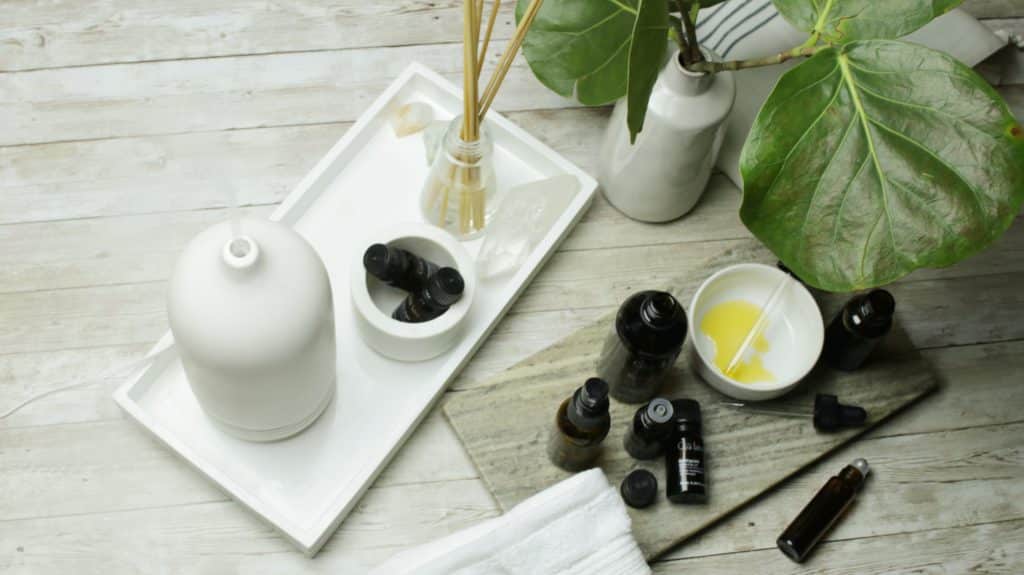
Let’s talk about our largest organ in, or should I say “on”, the body…skin! Our skin is one of seven human body microbiomes. It has its own ecosystem composed of all the microorganisms that live on it. Our skin is literally teeming with more than 500 types of bacteria, which is normally a good thing.
Our body strives to maintain a healthy and diversified balance of both “good” and “bad” bacteria. The good bacteria are those that contribute to a healthy immune response and serve as a protective barrier between our body and the external environment. When there is a positive balance with the bacteria, our skin is clear, glowing, and healthy.
If things shift, however, even the good bacteria can start to turn bad in the off-balance environment. This is when we start to notice skin issues like inflammation, dullness, and acne. The imbalance can be not just a result of external factors, but internal as well. Our gut health plays an important role in our skin’s microbiome.
Acne is a physical and the most visual manifestation of gut and skin imbalance. Some people say acne is hormonal imbalance, but even hormonal imbalance can be directly related to our gut health. Also, premature aging is being linked to the diversity and quality of microorganisms living on the skin and in the gut. The road to a beautiful glow begins with our digestion.
3 Simple Ways to Better Your Skin
Eat Clean and Fiber-Rich Foods
Prebiotic (fibrous carbohydrates) are crucial for the health of our microbes. They nourish beneficial bacteria that, in return, produce butyrate, a very important Short-Chain Fatty Acid that is responsible for the wellness of our small intestine. Depleted gut microbiome will result in damaged villi of the small intestine which will result in poor absorption of key nutrients. This directly affects the aging process of every cell of our body. Gut microbes can compensate and support an aging body through positive stimulation.
We can help our gut microbes by adding organic, fibrous fruits, vegetables, nuts, seeds and legumes to our diet. There are few plants specifically abundant in prebiotic fiber:
- Asparagus
- Jerusalem artichokes
- Garlic
- Onions
- Leeks
- Oats
- Apples
- Soybeans (if you chose to eat them). Our family enjoys soy once in a while. We eat only organic soy in unprocessed or minimally-processed versions like edamame and sprouted tofu.
Consume Probiotic-Rich Foods
If you’ve read any of my other blog posts, you know I love to geek out on ferments. Long before the invention of the microscope, humans believed in the powerful benefits of fermented foods, without understanding how or why they worked. Almost every culture appears to have embraced fermented food for centuries.
Fortunately for us, today’s science is “microbe-curious” and has made many significant and fantastic discoveries. Perhaps the most important one is that the human body is a one large ecosystem whose survival is based on an ongoing dance between human and microbial cells.
Although there is no recommended daily amount of probiotics, experts recommend including additional good bacteria (1 to 10 billion CFUs) as a regular part of our diet. My personal recommendation is to rely on nature and its ability to supply us with natural probiotics versus those made in laboratory conditions, like probiotic pills. This way you are getting nature’s most updated version of the bacteria our bodies need.
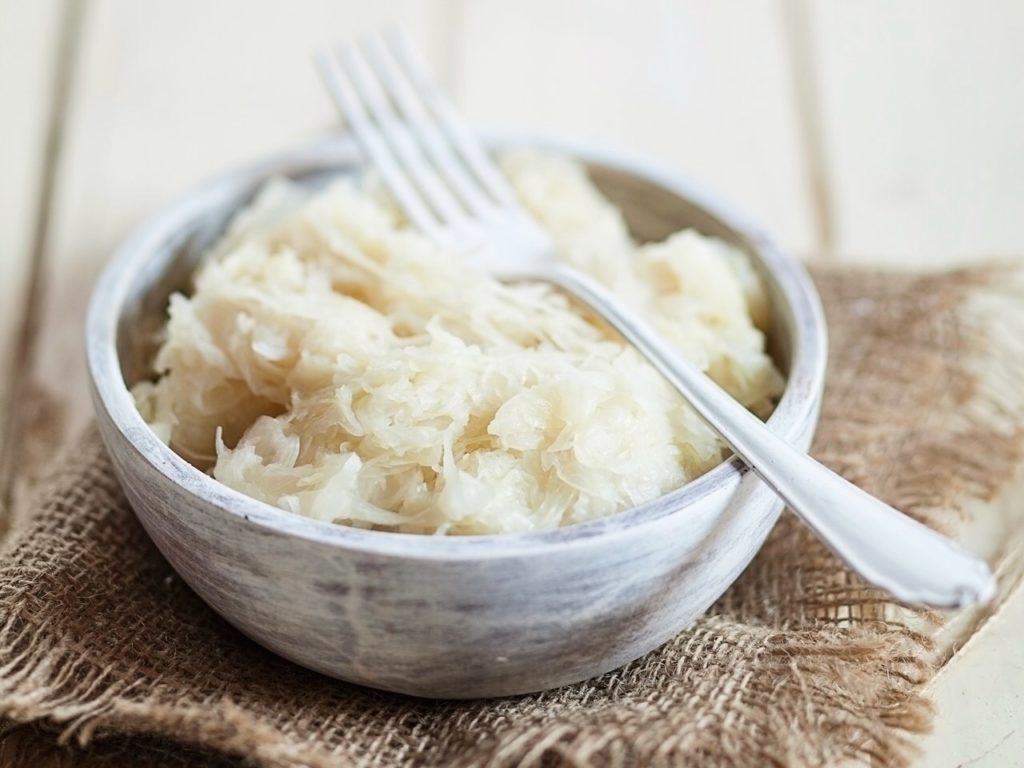
Here are some natural sources of living probiotics foods:
- Sauerkraut
- Kombucha
- Kimchi
- Tempeh
- Miso
- Natto
- Beet kvass
Any wildly fermented foods will do, but make sure you feed your microbes a fiber. They are very environmentally sensitive. If there is no food for them (prebiotic fiber) they will die fast and their benefits will be lost.
Rebalance Your Skin
We’ve been fed a falsehood that “antibacterial” soaps were a good thing for us. On the contrary, they shouldn’t be used on our face, nor anywhere else on our body for that matter. We need to quit being addicted to “clean”. Being too clean can truly damage your skin microbiome.
Soap, by its very nature, is alkalizing with a pH of up to about 10. That is how soap works to remove dirt and microbes. But our skin microbiome prefers a pH of about 5. At this pH, skin microbes thrive. When our skin is too clean it can be stripped of sebum, the waxy oil that our body produces to keep our skin and hair moisturized. Sebum is very close in the feel to jojoba oil, which is technically wax and not an oil. When our skin doesn’t produce enough sebum, it becomes dry. When it overproduces sebum, it feels oily. The key is to try to balance sebum production by balancing the oils on your skin. Many oils, such as jojoba, can help us to find a healthy balance. Finding face and body oils that are right for you means knowing what your skin needs. The recipes below have been the most beneficial for my skin type, which is on the oily side.
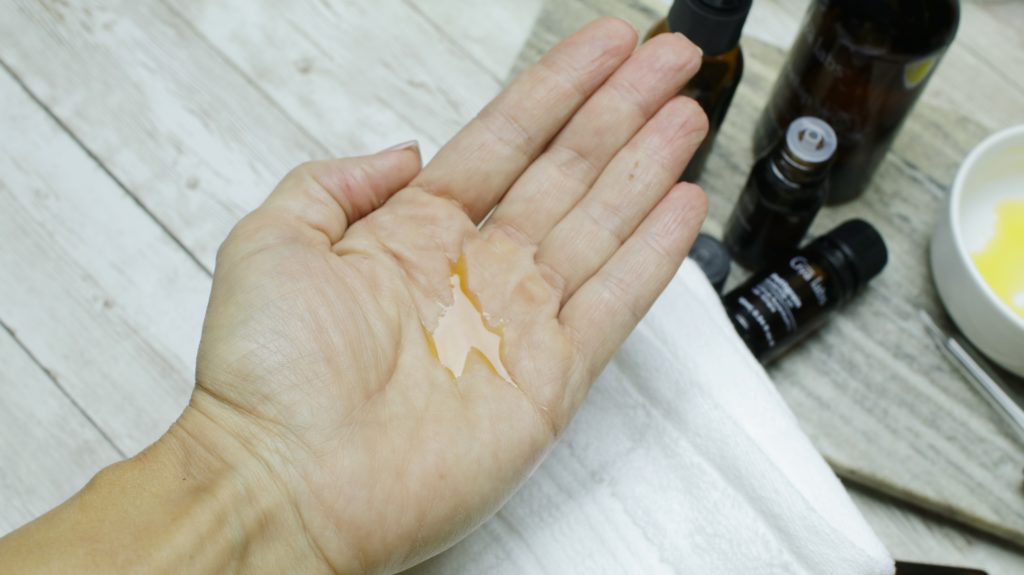
It is most beneficial to apply oil to a wet face and skin to hydrate and moisturize.
My favorite toner blend for aging skin.
- 6oz of purified water
- 1 drop of colloidal silver to act as a natural preservative
- 1tbs aloe vera
- 10 drops of petitgrain oil
- 5 drops of frankincense oil
- 2 drops of geranium oil
- 2 drops of carrot seed oil
DIRECTIONS:
Put the water, colloidal silver, and the rest of the ingredients in the glass bottle and shake to mix. Apply with a cotton pad ( I have reusable organic cotton pads ) as directed above or as needed. Store out of direct sunlight for up to 3 months.
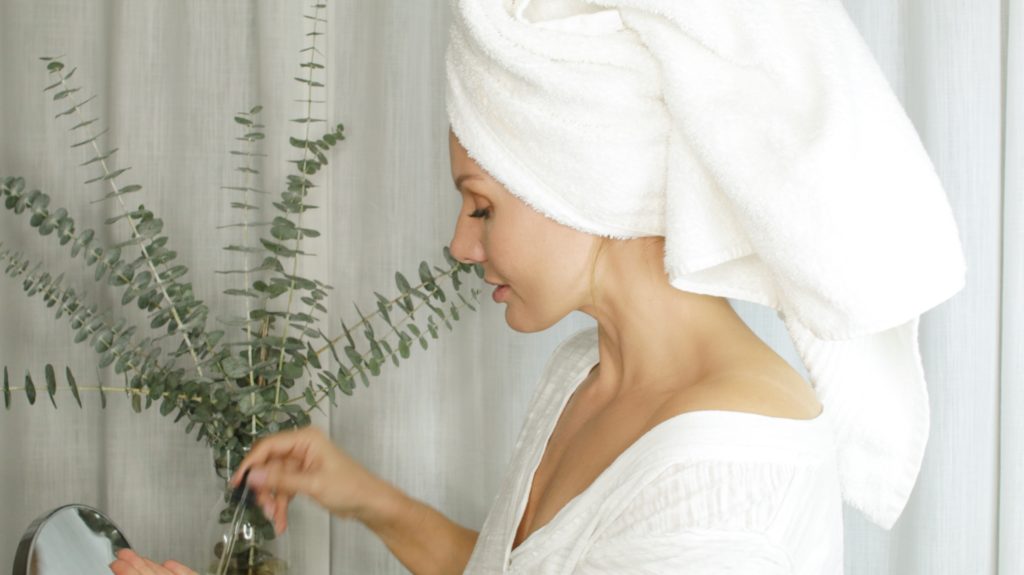

I apply toner after I cleanse and again I put on oil. Toners add minerals to your skin and set the groundwork for moisturizing.
My favorite apricot and rose facial oil
- 2 tbs of apricot kernel oil
- 1tbs of rosehip seed oil
- 2 drops of rose absolute oil
- 2 drops of cypress oil
- 2 drops of clary sage oil
- 1 drop of patchouli oil
DIRECTIONS:
Combine the apricot and rosehip oil in a glass bottle with a dropper. Preferably dark bottle to prevent oxidation. Add essential oils to the mixture. Shake it well to incorporate all oils. It keeps up to 3 months.
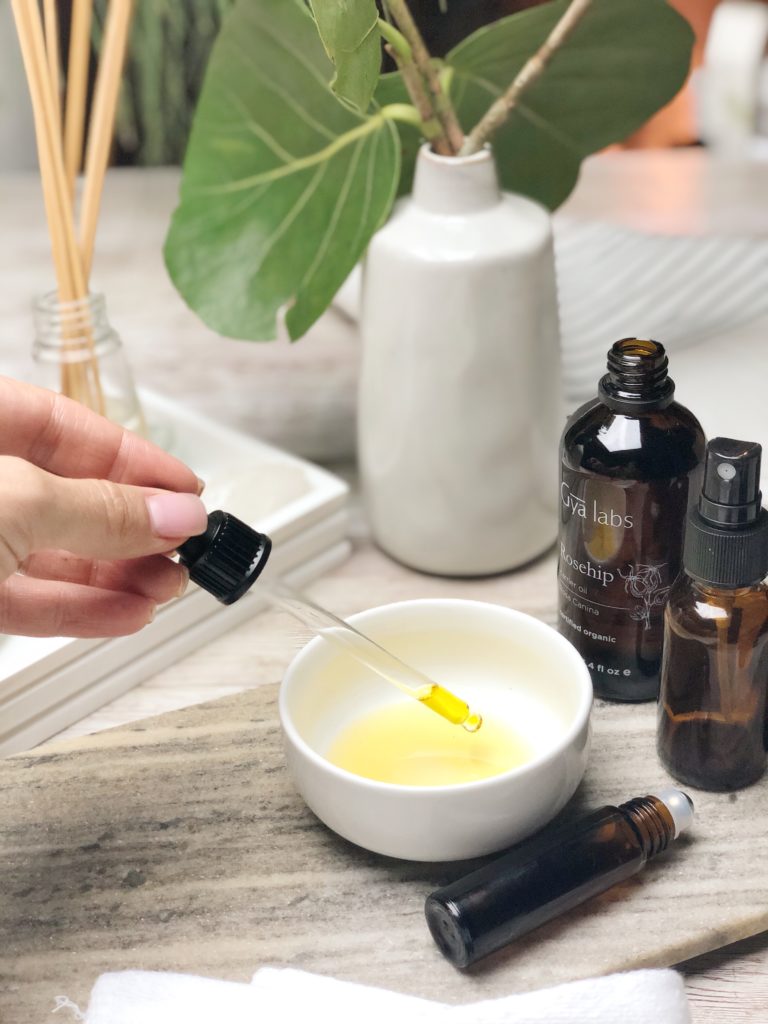
This mixture is best used as a facial massage oil. Apply a few drops on the fingertips and massage into the face and neck avoiding delicate eye area. I use it at night or when I feel like my skin is in need of extra hydration.
I hope by now, you understand that everything in our body is interconnected. Skin/gut. Brain/gut. Even our oral health is a mirror of our bacterial status. Start thinking of your gut health as of catalyst to wellness.
